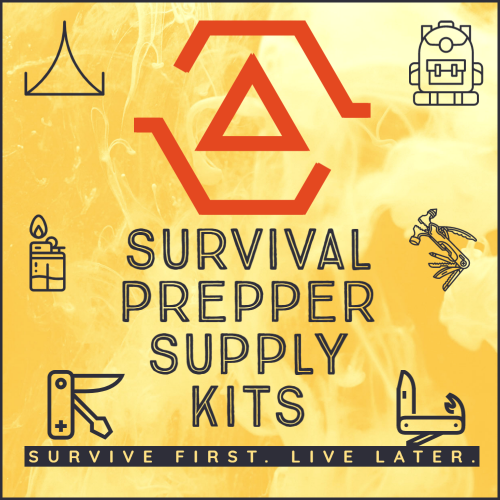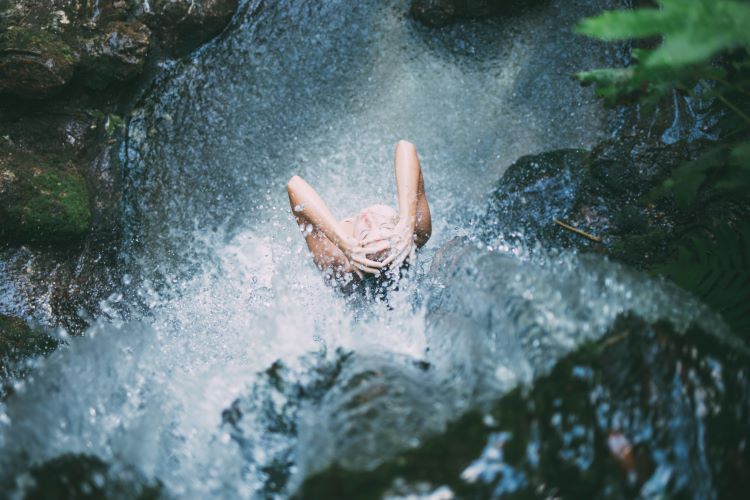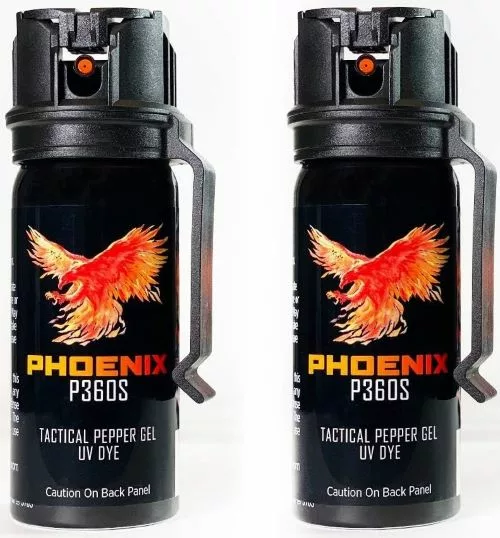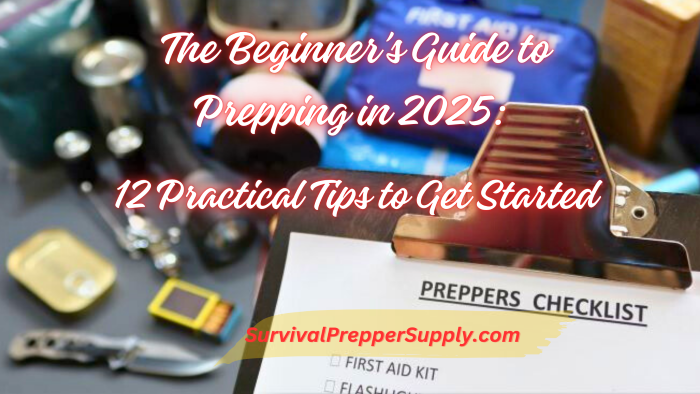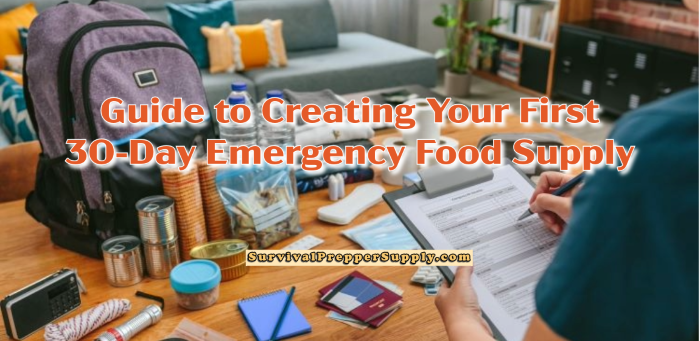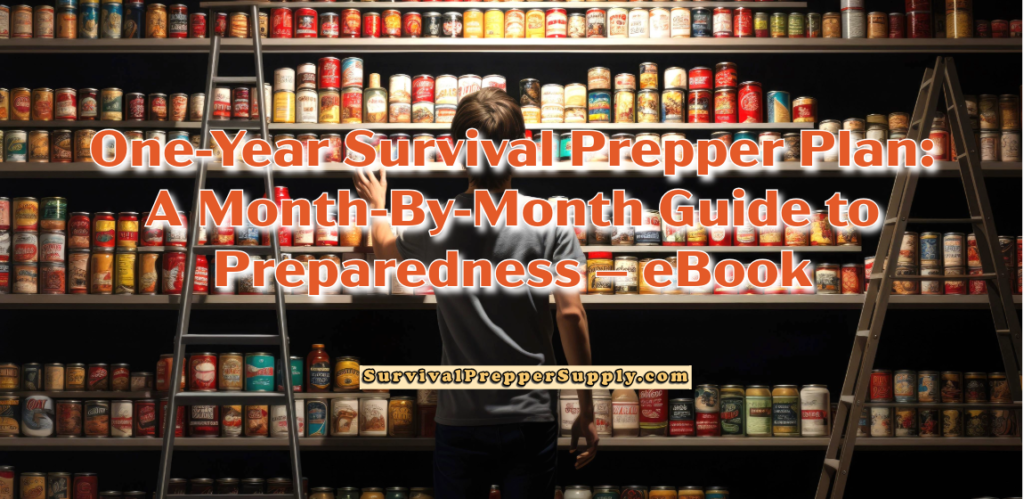Pillar Post – Ultimate SHTF Survival Lessons #8-10 Cleanliness, Defense, and First Aid – Series Completed!
Lesson #8: How to Practice Safe Hygiene and Sanitation
Survival lessons include Hygiene – cleanliness is another crucial aspect of remaining secure during a disaster. Many people do not consider this, but it is a potential hazard that may make you extremely unwell and cause you significant pain.
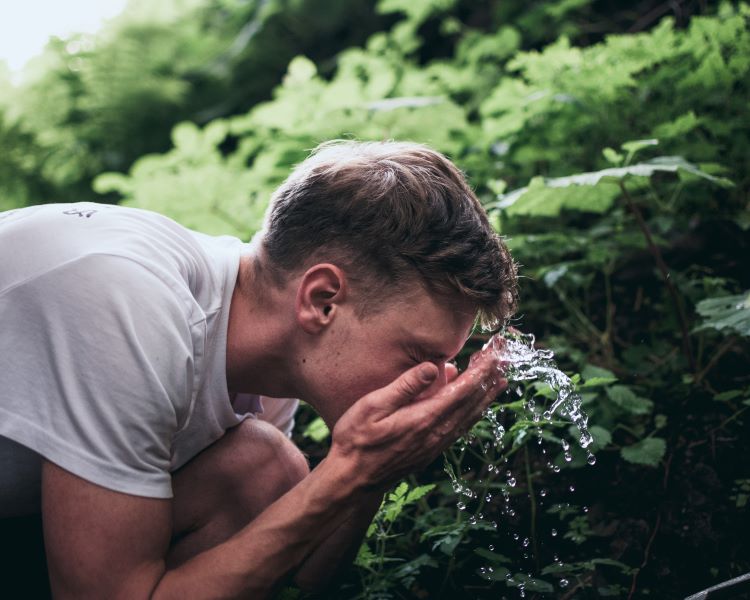
There are many instances when you must place a greater emphasis on cleanliness and sanitation. You merely walk to the kitchen sink, wash your hands, and prepare for a meal.
We benefit from having modern appliances that clean, sterilize, and eliminate filth. Indoor plumbing systems and washing machines are just two examples. Dishwashers can do the same. Without much effort, we can accomplish this.
In an emergency, you may not be able to access much clean drinking water. Only a few months ago, residents of South Florida were told not to bathe with their tap water due to the presence of a brain-destroying bacterium.
Please note that this post contains affiliate links, meaning I will get a small commission for qualifying purchases at no extra cost to the buyer.
As a result, it is not just during significant catastrophes that you should be aware of the importance of maintaining personal hygiene. You may also run out of hygienic supplies.
Even if you packed supplies before a catastrophe, you would run out eventually. Toilet paper, soaps, shampoos, toothbrushes, and so on are examples of such products. If the plumbing system is not operational, there may be sewage backups or other pollutants that might result in hazardous contamination.
You do not wish to increase the danger of sickness by failing to recognize the possibility of germs spreading. Even if you’re only a little unwell, a life-threatening situation can turn a minor ailment into something much worse.
Another issue with a scarcity of cleanliness and basic amenities is that it takes a psychological toll. Being filthy and unhygienic may make you feel ashamed, depressed, and even ashamed of yourself.
Even if you don’t have all the conveniences that you are used to, you can still make sure that you keep your campground or living space as clean as possible. If you have waste, whether it’s food waste or human waste, you want to dispose of it far away from your living area and bury it instead of letting it pile up.
In an ideal world, you would have enough water not only for drinking and cooking but also for cleaning yourself, your home, and your belongings. Even if you do not have access to toothbrushes, toothpaste, or dental floss, do your best to keep your teeth and gums healthy. By air-drying clothes and linens in the sun, you may assist in eradicating bacteria.
Lesson #9: Protect Yourself and Your Property
Another important thing you should learn before a disaster strikes is how to defend yourself. You must realize that self-defense entails not having a weapon.
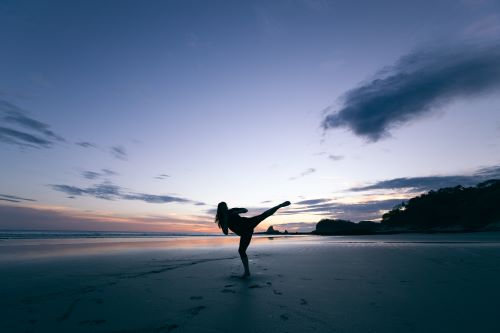
You may need to use your hands, feet, or even a weapon to protect yourself from another person. If you can, you want devices on you that can save you from an assault.
These items may include essential equipment such as pepper gas, a blade, a taser – or even something more complicated like a gun. You, your family, and everyone you interact with must know how to use these devices safely.
Maximum Strength Police & Military Grade Pepper Spray, Gel is Better, Sprays at Any Angle 18 feet, Flip-top Safety.
Unlike regular pepper sprays that atomize, this premium pepper gel spray sends a powerful stream of 18 feet. The gel enables you to attack the target while eliminating wind blowback.
Self-defense is not only the ability to defend yourself but also knowing how to absorb punches and keep confrontations from escalating.
Even using mental techniques, you and your family may defend themselves against danger. Make sure you know how to look for a way to escape and teach your kids how to flee any hazardous circumstance swiftly.
Lesson #10: How to Administer First Aid
Finally, another essential life skill you should master and educate your family on is the ability to give first aid. It’s not as easy as simply reaching for a bandage in the medicine cabinet or taking a trip to the walk-in clinic to get a prescription for an antibiotic.
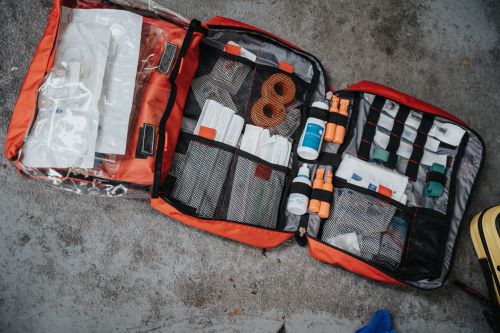
In an emergency, everyone in a group must know fundamental first-aid strategies and how to use what you have available. They must know how to deal with minor injuries, such as a scratch or a wound, as well as more serious ones, including broken bones and even heart attacks.
Related – Medical and First Aid Supplies for Your Survival Kit
Some people buy a first aid kit and have a book on hand for people to read if and when a situation arises. But if you think about the moment that something serious happens, no one is going to be grabbing a book and reading about how to solve a problem in that situation.
Make sure everyone in your family takes CPR courses so you can revive a person in an emergency. Also, you should be able to use the Heimlich maneuver to stop any obstruction.
Regarding first aid, you should discuss disinfecting any cuts, scrapes, or other injuries. Even minor cuts and abrasions in today’s environment, where cleanliness is lacking, infection might rapidly develop.
Related – Bushcraft – Part 4 First Aid for Survival
Aside from keeping everything clean, you must teach people how to deal with more significant wounds. Learning how to tie a tourniquet, for instance, might save a life.
I’m the daughter of 2 original survivalists who moved from the north to sunny Florida. My mother, along with her parents, bought 30 mostly uncleared acres in 1938. The first home was made of pecky-cypress and built by a house-raising. My mother raised 10,000 chickens.
My divorced mother met and married my father in 1948. From pine trees on our property, he hand-built a log cabin. He also built a tarpaper-lined 65’x45′ pool with duck pond overflow. We had an artesian well for our water and powering our hand-built waterwheel for the pool. He built a substantial cantilevered roof workshop with a car pit in the massive cement floor.
Since my early teens, I have read a ton of books about survival, prepping, the bomb, an apocalypse, homestead living, and SHTF situations. As an adult, I continue to read sci-fi, survival prepping, and science. I practice a prepper lifestyle albeit a bit modified, read a lot, buy a lot, pack/store a lot of anything survival related.
Read my About Me post for more details on our self-sufficient living. I lived there until I went to college in 1968.
My SurvivalPrepperSupply.com blog strives to educate individuals on coping with natural and human-caused disasters using article posts about preparing for emergencies.
